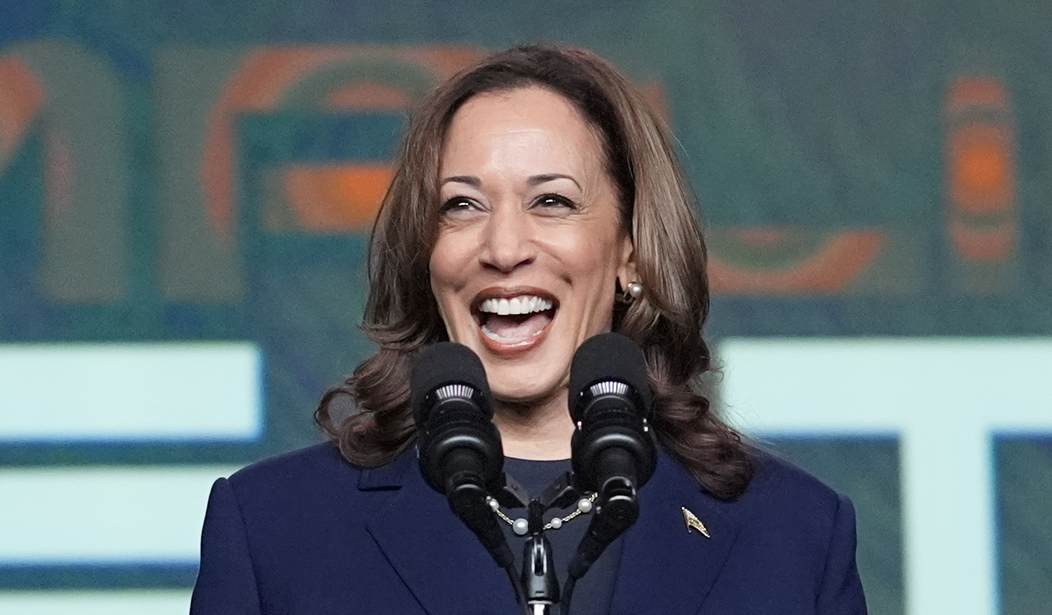“We cannot win if people think we’re headed into a recession," said William Owen, a Democratic National Committee member from Tennessee.
While that statement could be seen as a truism, voter perception is all-important going into an election. And where voters have generally been worried about the economy since 2022, the specific concerns about a recession after the massive, ongoing stock rout of the last few days have made voters anxious.
The odds of a recession before election day have climbed to over 46%, according to YCharts. Goldman Sachs lays "limited" odds of 25%, up from 15%, for a recession over the next 12 months.
I'm dubious about much of a downturn before election day. Most other indices have been strong, including housing, retail sales, payrolls, and industrial production, which are still growing. And most economists are predicting an August rebound in jobs. Even if that prediction doesn't come to pass, the Federal Reserve will probably cut rates by half a point instead of a quarter point in September.
That doesn't alleviate voter angst about a recession or prices. In fact, prices are still at the forefront of voters' minds.
Biden's economic policy "had many facets—pandemic aid, industrial policy, handouts for labor unions and public workers," wrote Reason's Peter Suderman. "But in many ways, it could be reduced to a single, overriding response: government spending."
"Bidenomics was, at heart, a philosophy of throwing money at programs, people, political allies, and favored constituencies," continues Suderman. "That spending contributed directly and significantly to the rapid rise in inflation that helped fuel voter dissatisfaction with the state of affairs."
The American consumer is still worried about inflation. The candidate who can best articulate that worry and capitalize on it will probably win in November. Obviously, Harris is at a disadvantage on the issue, and Trump would do well to remind voters of that every chance he gets. Indeed, it's all about prices. High prices lead to job losses, which lead to a recession. Harris will have a hard time escaping that reality.
It should be noted that the precipitous decline in the S&P 500 comes after setting a record a couple of weeks ago. But the perception of voters of a souring economy could be the end of the Harris campaign "honeymoon." Once she's forced to actually offer a policy proposal, she leaves herself wide open to attacks from Trump on inflation.
“Negative news about the economy is going to weigh down the Harris campaign,” said GOP pollster Micah Roberts. “This could usher in a precipitous end to the honeymoon period she was experiencing.”
Indeed, despite all the positive press and endless Hamas stories churned up by the media, Trump still has a comfortable lead on the question of who can best handle the economy.
The Trump campaign has endured a series of difficult weeks since Biden announced that he wouldn’t seek re-election and the Democratic Party consolidated around Harris. She quickly ate into Trump’s advantage in the polls, turning the contest into a much closer match as she has excited Democrats and posted massive fundraising.
Still, more than half of respondents in the latest Wall Street Journal poll said that Trump is best able to handle the economy, while just 40% said Harris is best suited to handle it. Among independents, 57% say Trump is best able to handle the economy while 25% of independents think that of Harris.
Trump has glommed on to the bad economic news and has begun to attack Harris, calling the crash the "Kamala crash." It's a decent riposte, if a little premature. The markets are rebounding after Monday's sell-off. How long that lasts depends on whether or not the bad economic news keeps rolling in.










